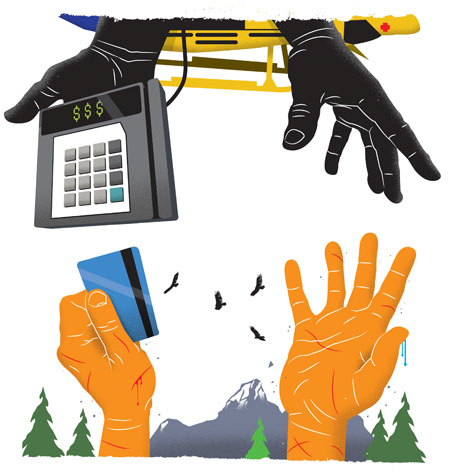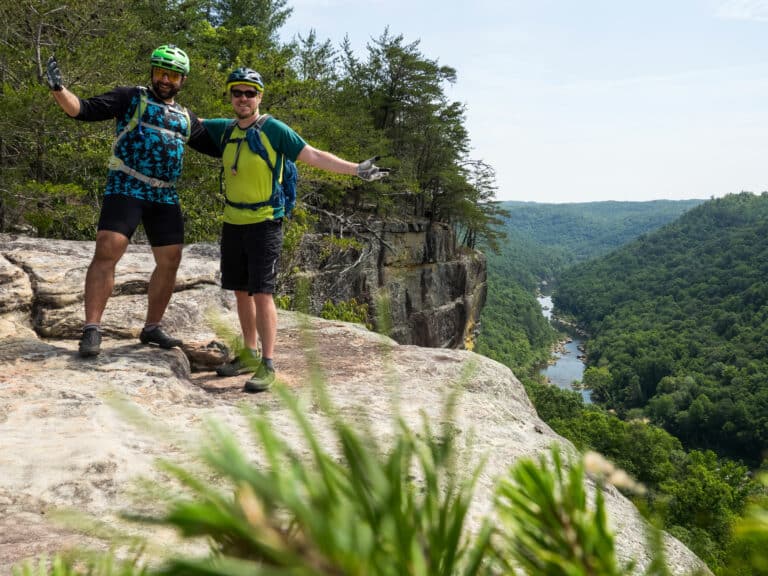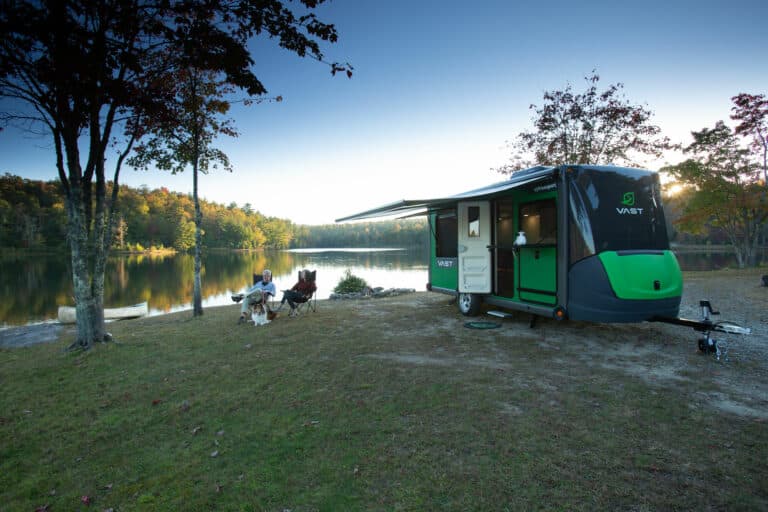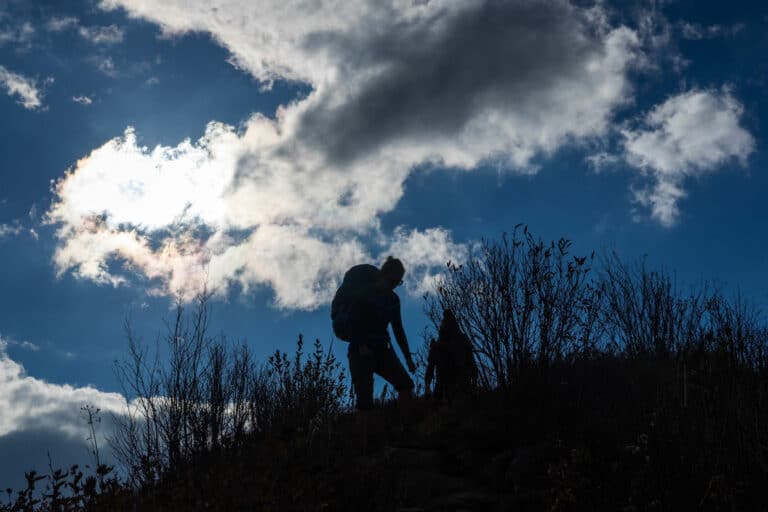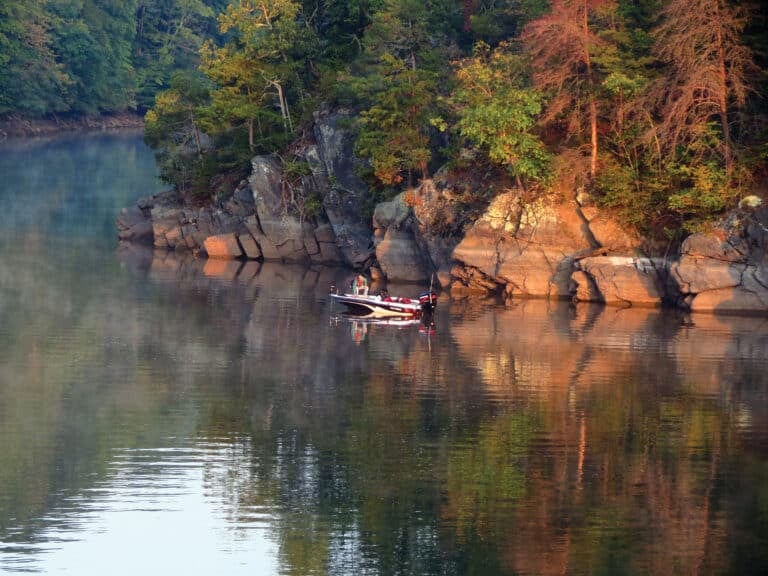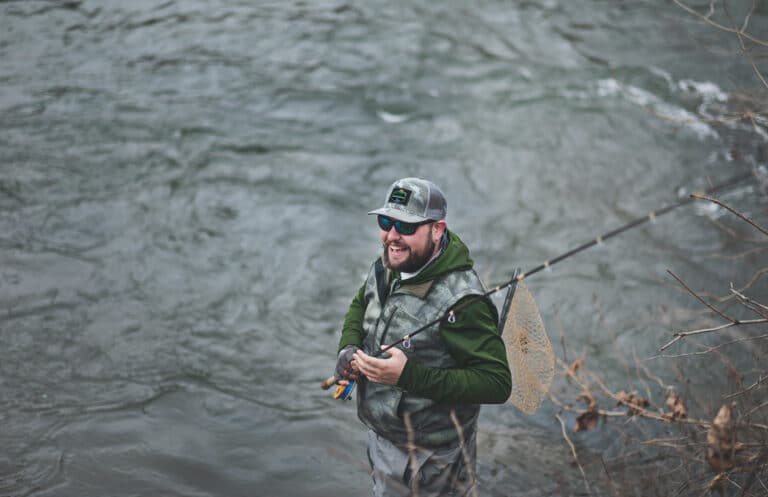YES: Live Free and Die
 I was born and raised in New Hampshire, home to the state motto “Live Free or Die” and the White Mountains National Forest, a big chunk of wilderness that attracts hikers, climbers, skiers, and snowshoers. More and more of these folks need rescuing every year.
I was born and raised in New Hampshire, home to the state motto “Live Free or Die” and the White Mountains National Forest, a big chunk of wilderness that attracts hikers, climbers, skiers, and snowshoers. More and more of these folks need rescuing every year.
The Fish and Game Department oversees all search-and-rescue missions, with much of the field work done by volunteers and, in certain areas, by rangers employed by the U.S. Forest Service. Since 2006, there have been 957 missions costing $1.8 million.
Even with a New Hampshire law that allows negligent hikers to be charged for rescue, fewer than 60 percent pay up.
Every rescued wilderness traveler should pay a portion of the cost. Negligent or not, prepared or not, accidents happen. Rather than place blame on the lost and injured, we should assign shared responsibility for all those using the wilderness. As for the notion that some people might not call for fear of getting a bill? Well, isn’t that one of the categories for getting a Darwin Award?
One solution, currently under consideration in New Hampshire, is a voluntary, once-yearly “Hike Safe Card,” which would entitle the bearer to no-charge search and rescue, with an estimated cost of $18 per card. This shares the cost and undercuts the risk of stranded hikers being too scared to call for help. And if it works in New Hampshire, maybe other states, not to mention the National Park Service, can also ease the massive cost of their rescues with similar measures.
If the card becomes a reality in New Hampshire, you can bet I’ll be the first in line. In fact, I’ll give them as birthday presents until everyone I know who might need one has one. Until then, if someone needs rescuing in the wilds, send ‘em a bill.
Tim Milton is the executive editor of EasternSlopes.com and lives and hikes in New Hampshire.
NO: Don’t Charge for Rescues
We live in a sound-bite culture that seduces us with remarks like “let the idiots pay for their mistakes.” This is the same mentality that says lion attacks strengthen the zebra herds, but there are two small problems: We’re not lions, and we’re not zebras. We’re people, and we take care of our own.
I can see why people are tempted to think it’s a good idea to force lost hikers to pay for their rescues. And I can see why cash-strapped agencies would like to recoup some of their costs. And I would like to do something to recognize the incredible risks careless hikers impose on their rescuers when they stray from the trail and remain lost for days. I just don’t think forcing the rescued to pay for their rescues is a humane response to any of these issues.
Few things in life are more disorienting and terrifying than being truly lost in the woods. The one thing that sustains hope is the prospect that people will come looking for you. It’s a pretty short trail from billing for rescues to placing a dollar estimate on the value of human life. And let’s not forget the unintended consequences of what lost hikers might do if they know they’ll get stuck with a $25,000 tab for a rescue. Will they panic at the first sign of being lost? Will they take even more risks to get “found” sooner, and get themselves into deeper trouble? Will they never step foot off the main trail and abandon the spirit of adventure that got them hooked on hiking to begin with?
I’ve seen the “you could be billed for your rescue if you get lost” warnings at trailheads and they make sense to me, especially at remote wilderness locales. And I understand when an agency might feel an outdoor adventurer has behaved so recklessly that he deserves punitive damages. But when it comes to setting a general policy I say: We find our people in the hope that on the day we’re lost, they’ll find us. Don’t put a price tag on that.
Tom Mangan is a hiking enthusiast and freelance journalist hailing from North Carolina. He shares his hiking thoughts at Two-Heel Drive.
